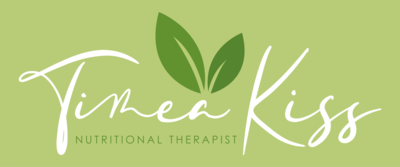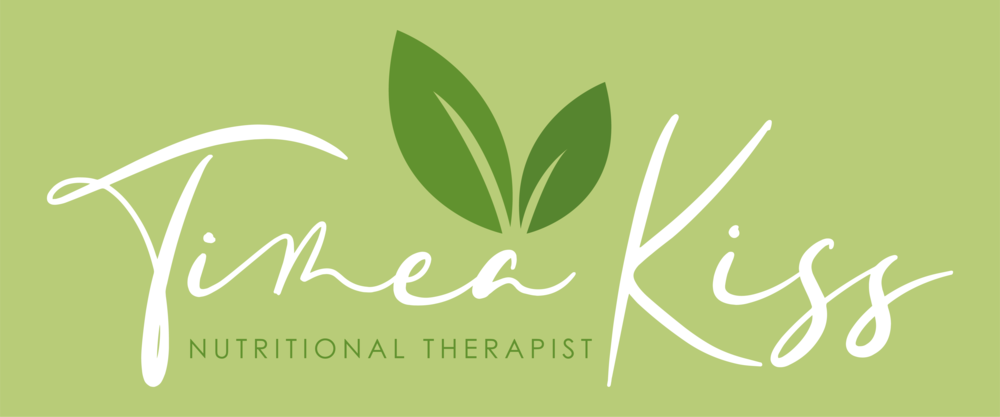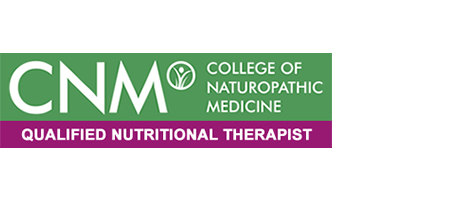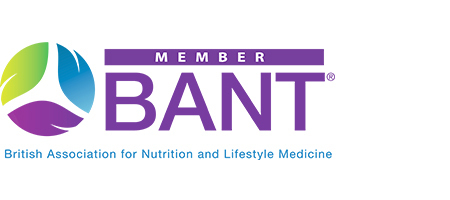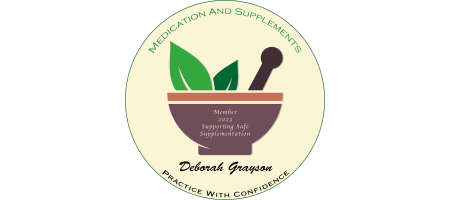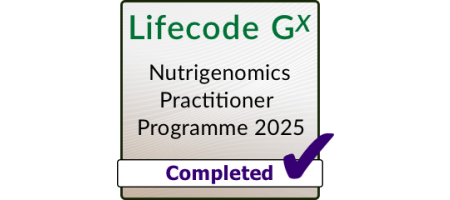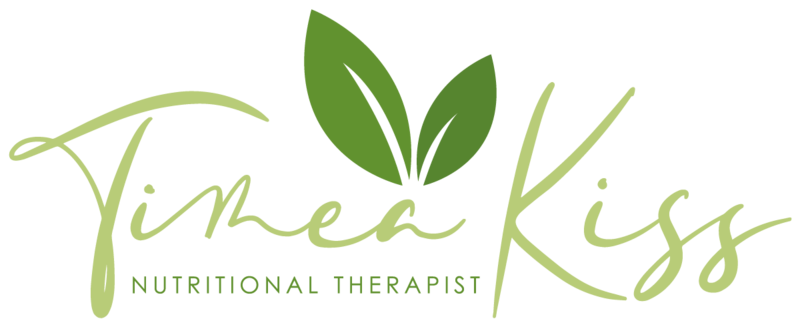How Plastics and Xenoestrogens Are Wrecking Your Hormones – And What to Do About It
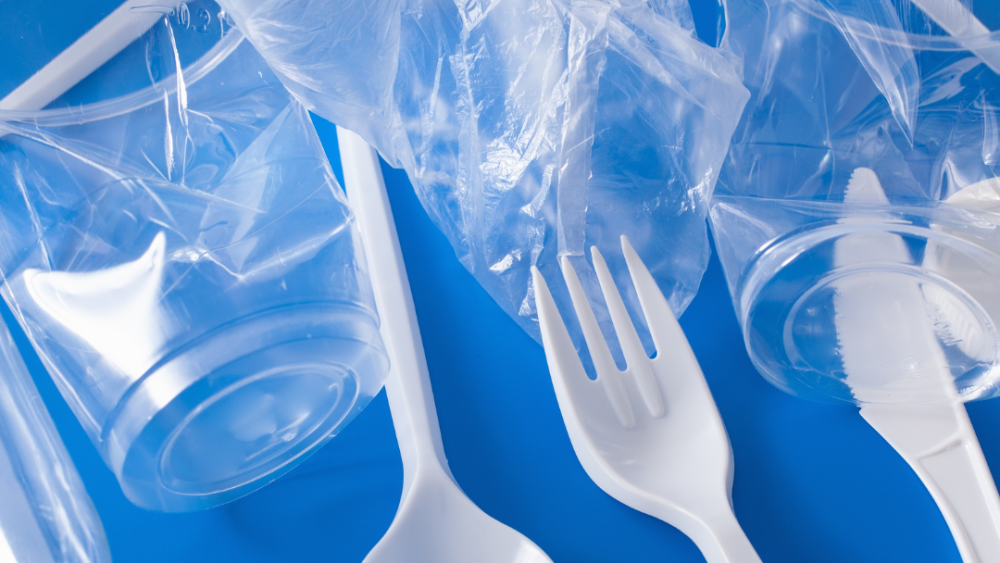
posted 10th June 2025
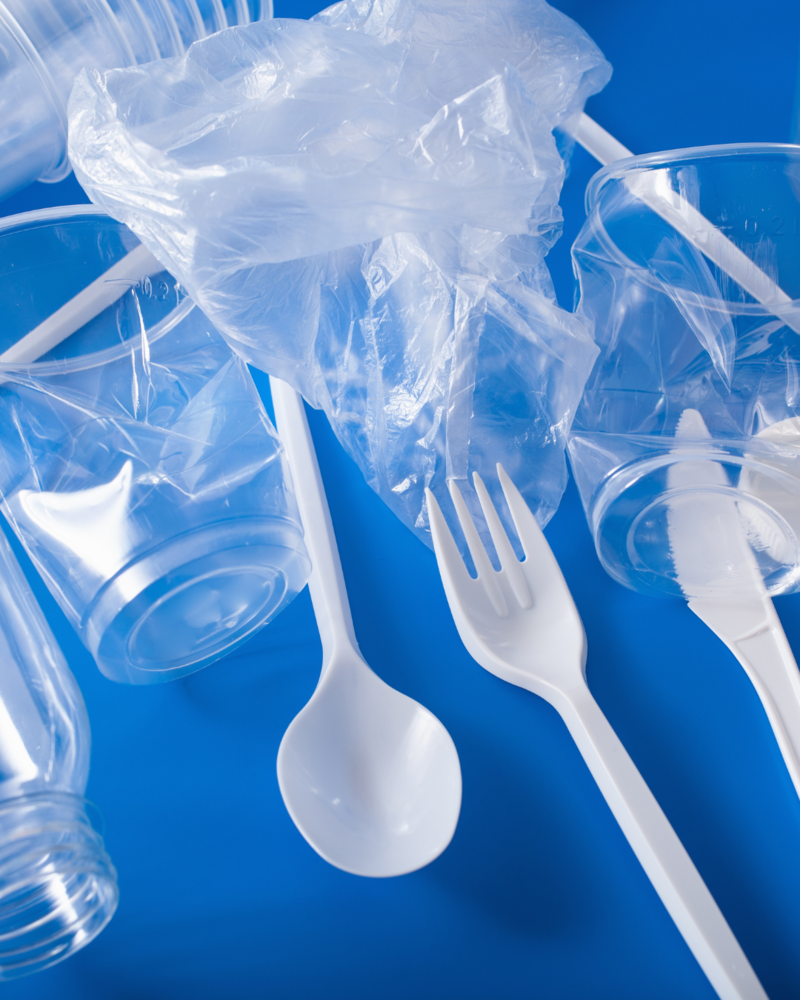
We live in a world filled with convenience – bottled water, scented candles, plastic food containers, and beautifully packaged cosmetics. But beneath the surface of modern living lies an invisible threat to our hormonal health: xenoestrogens.
These synthetic or naturally occurring chemical compounds mimic the hormone oestrogen and disrupt the body’s endocrine system. And they’re not just affecting women. Men are also experiencing hormonal shifts, reduced testosterone, and increased fat storage – often without realising why.
In this article, we’ll explore:
- What xenoestrogens are and where they’re hiding
- How they impact both women and men
- What aromatisation is (and why men should care)
- Practical, safer swaps you can start making today
What Are Xenoestrogens?
Xenoestrogens are a type of endocrine-disrupting chemical (EDC) that imitate oestrogen when they enter the body. Unlike naturally produced hormones, they don’t follow the body’s delicate feedback loop. Instead, they overstimulate oestrogen receptors, sending mixed signals that can lead to hormonal chaos.
You’ll find xenoestrogens in everyday items like:
- Plastic water bottles (especially when exposed to heat)
- Food containers and cling film
- Scented candles, air fresheners, and cleaning sprays
- Perfumes, lotions, and conventional cosmetics
- Non-organic produce sprayed with pesticides
- Receipts printed on thermal paper (yes, those little shop receipts!)
Why It Matters: The Health Impact of Xenoestrogens
In women, chronic exposure to xenoestrogens may contribute to:
- Oestrogen dominance (excess oestrogen relative to progesterone)
- Heavy or painful periods
- PMS and PMDD symptoms
- Breast tenderness or fibrocystic breasts
- Endometriosis, fibroids, and PCOS
- Fertility challenges
In men, the impact is equally concerning:
- Lower testosterone levels
- Increased aromatisation – the conversion of testosterone to oestrogen
- Fat accumulation, especially around the abdomen and chest
- Lower libido and energy
- Reduced sperm quality
Children, teens, and pregnant women are especially vulnerable to xenoestrogens because of their developing endocrine systems.
What Is Aromatisation?
Aromatisation refers to the enzymatic conversion of testosterone into oestrogen by the enzyme aromatase. While this process is normal, excess exposure to xenoestrogens and toxins can amplifyaromatase activity, tipping the balance towards high oestrogen – especially in men.
In the long run, this hormonal shift can lead to:
- "Man boobs" (gynecomastia)
- Mood imbalances
- Weight gain
- Increased risk of metabolic disorders
- Low libido
What Does the Research Say?
The UK government has acknowledged the risk of endocrine-disrupting chemicals (EDCs). A 2021 report by the UK Chemicals Stakeholder Forum raised concerns about widespread exposure through consumer products and food packaging. Additionally, the Soil Association and Breast Cancer UK have launched campaigns raising awareness about EDCs in cosmetics and food.
Even the NHS recognises the role of environmental exposures in conditions like early puberty and certain cancers.
Safer Swaps for Everyday Living
You don’t have to live in a chemical-free bubble to reduce your xenoestrogen load. Start with small but consistent swaps.
In the kitchen:
- Store food in glass or stainless steel containers
- Never heat food in plastic (especially in the microwave)
- Use beeswax wraps instead of cling film
- Avoid canned foods unless BPA-free
In your bathroom:
- Switch to fragrance-free or natural personal care products
- Use organic cotton pads and tampons
- Check your product labels for parabens, phthalates, triclosan, and “fragrance”
Around your home:
- Ditch synthetic air fresheners and candles
- Use essential oils or natural soy wax candles
- Avoid handling receipts directly (or wash hands afterwards)
- Filter your tap water using a carbon or reverse osmosis filter (yes, tap water can contain microplastics!)
With your food:
- Choose organic when possible, especially for meat, dairy, and the "Dirty Dozen"
- Wash fruits and veggies thoroughly with vinegar or a veggie wash
- Support liver detoxification with cruciferous veggies (broccoli, kale, cauliflower)
Bonus:
Support Your Liver – Your Hormone Detox Hero
Your liver is responsible for deactivating and detoxifying both natural oestrogen and synthetic xenoestrogens. Support it with:
- Daily fibre (think flaxseeds, oats, leafy greens)
- Hydration (at least 1.5–2 litres per day in glass or stainless bottles)
- Cruciferous vegetables (rich in indole-3-carbinol and sulforaphane)
- Bitter foods like rocket, chicory, and lemon water
Consider a functional nutrition approach if you already experience hormonal symptoms. Liver overload andimpaired oestrogen detox pathways are often overlooked in conventional care.
A Functional Medicine Approach to Hormone Balance
If you’re struggling with symptoms of oestrogen dominance, low energy, weight gain, PMS, or fertility challenges, it’s worth exploring whether xenoestrogens are playing a role.
As a Registered Nutritional Therapist, Nutrigenomics Specialist, and Functional Medicine Practitioner, I use comprehensive tools – including genetic testing, hormone panels, and advanced stool testing – to uncover the root causes of hormonal imbalances.
From personalised nutrition and targeted supplementation to lifestyle upgrades, my goal is to help you rebalance your hormones naturally and sustainably.
Want to Take Action?
If you suspect hormone imbalance is affecting your daily life – whether it's PMS, acne, low libido, fatigue, or weight gain – I’m here to help.
Book a free 30-minute discovery call
I offer personalised 1:1 sessions using functional testing, nutrigenomics, and clinical nutrition to uncover your root causes and create a step-by-step action plan that works for you.
With warmth and health,
Timea
Registered Nutritional Therapist | Nutrigenomics Specialist | Functional Medicine Practitioner
References:
Endocrine Society – Endocrine-Disrupting Chemicals (EDCs)
World Health Organization (WHO) & United Nations Environment Programme (UNEP), 2013
Health and Safety Executive (HSE), UK
Breast Cancer UK – Endocrine Disrupting Chemicals
UK Food Standards Agency (FSA) – Advice on BPA
EFSA (European Food Safety Authority), 2023 – Reassessment of BPA
Royal College of Obstetricians and Gynaecologists (RCOG), UK – Chemicals in Pregnancy Report
